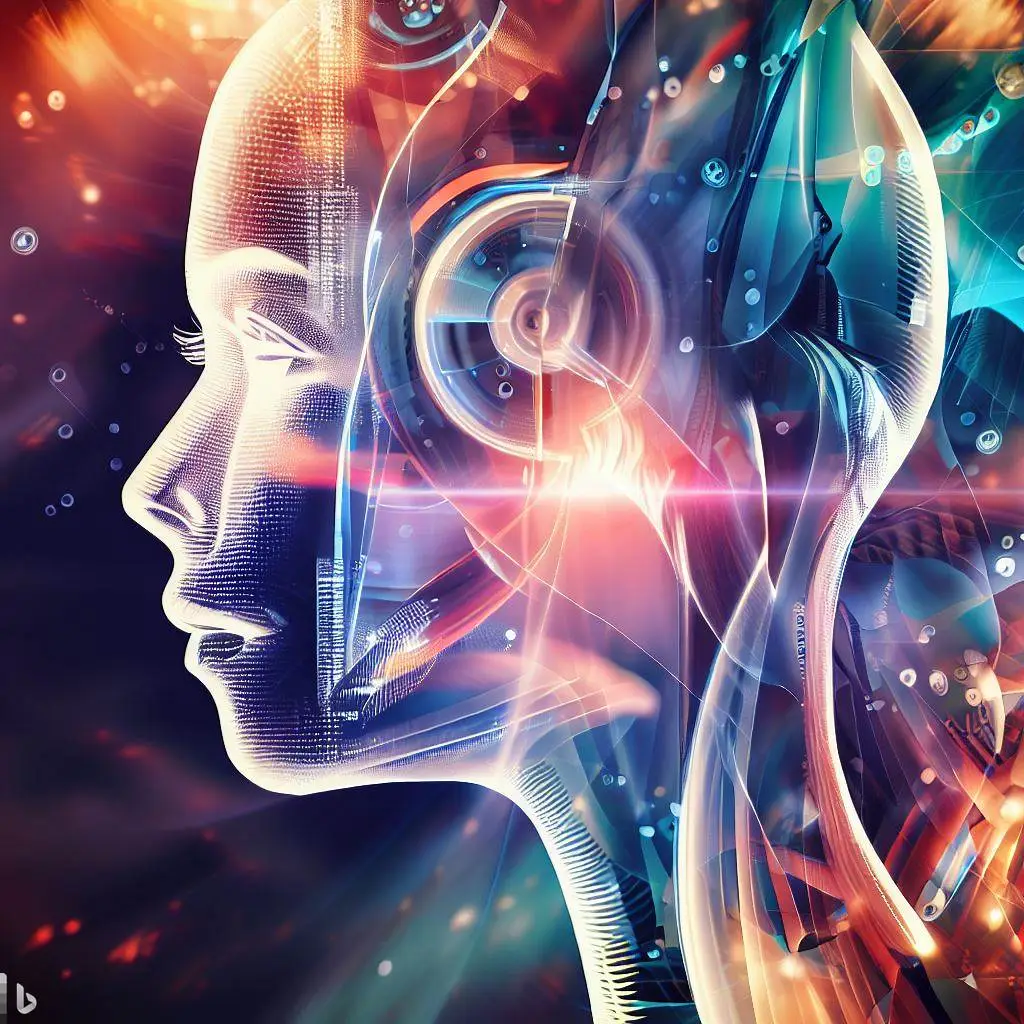In recent years, artificial intelligence (AI) has made astounding advancements, leading to significant transformations across various fields, from healthcare to entertainment. However, these advancements also come with grave ethical concerns and potential misuse. One particularly disturbing application of AI technology is the creation of nonconsensual sexual imagery, notably through “undressing” sites. These platforms, which use AI to generate fake nude versions of individuals from clothed photos, represent a severe invasion of privacy and dignity. San Francisco City Attorney David Chiu is spearheading an initiative to combat this issue, filing a lawsuit against 16 prominent undressing sites in a bid to curb their proliferation and hold their creators accountable.
The Rise of Undressing Sites
Undressing sites exploit sophisticated AI algorithms to manipulate images of individuals, turning ordinary, clothed photographs into explicit content without the subjects' consent. This form of deepfake technology relies on machine learning techniques to create realistic yet entirely fabricated images. Users upload a photo, and the site’s AI system generates a nude version, which can then be shared and disseminated widely. The ease of creating and distributing such content amplifies its potential for abuse, leading to severe emotional and psychological harm for the victims.
The proliferation of these sites highlights a disturbing trend: the increasing accessibility and normalization of such technology. The ease with which these sites operate and the high level of realism achieved by the AI make it challenging for individuals to protect their personal images from being manipulated and misused.
Legal Action in San Francisco
In response to this growing threat, San Francisco City Attorney David Chiu has taken decisive legal action. Announced in a press conference and further detailed in an interview with the New York Times, Chiu's lawsuit targets 16 of the most popular undressing sites. The lawsuit seeks to shut down these platforms, arguing that they facilitate the creation and distribution of harmful, nonconsensual content.
Chiu’s legal strategy involves several key arguments. First, he asserts that these sites violate privacy rights and cause significant emotional distress to individuals whose images are exploited. Second, the lawsuit contends that the operation of these sites breaches various state and federal laws concerning unauthorized use of personal images. By holding these platforms accountable, Chiu aims to set a legal precedent that discourages others from engaging in similar activities.
The Ethical Implications
The ethical implications of undressing sites are profound. The core issue revolves around consent and autonomy. Using AI to create explicit images of individuals without their knowledge or approval is a blatant disregard for personal boundaries and rights. This misuse of technology undermines the principle of consent, which is fundamental in any ethical interaction, particularly concerning intimate and personal content.
The impact on victims can be devastating. Nonconsensual sexual imagery can lead to severe psychological trauma, including anxiety, depression, and a loss of trust in others. The public nature of these images can also have long-lasting effects on personal and professional relationships, further compounding the harm.
Challenges and Future Outlook
While Chiu’s lawsuit represents a significant step toward combating the misuse of AI in creating nonconsensual content, it is unlikely to eradicate the problem entirely. The effectiveness of this legal action may depend on various factors, including the ability to enforce rulings against international websites and the evolving nature of AI technology.
The case underscores a broader need for comprehensive regulations and safeguards to address the ethical use of AI. As technology continues to advance, policymakers, technologists, and ethicists must collaborate to develop frameworks that prevent misuse while promoting innovation.
Conclusion
The fight against undressing sites and similar forms of nonconsensual sexual imagery is crucial in upholding privacy and human dignity in the digital age. San Francisco City Attorney David Chiu’s lawsuit against these platforms represents a proactive effort to address this growing threat. However, it is essential for continued vigilance, legal innovation, and ethical considerations to ensure that the benefits of AI technology are realized without compromising fundamental human rights. As society grapples with these challenges, the focus must remain on protecting individuals from exploitation while fostering responsible and ethical technological advancements.









Add a Comment: